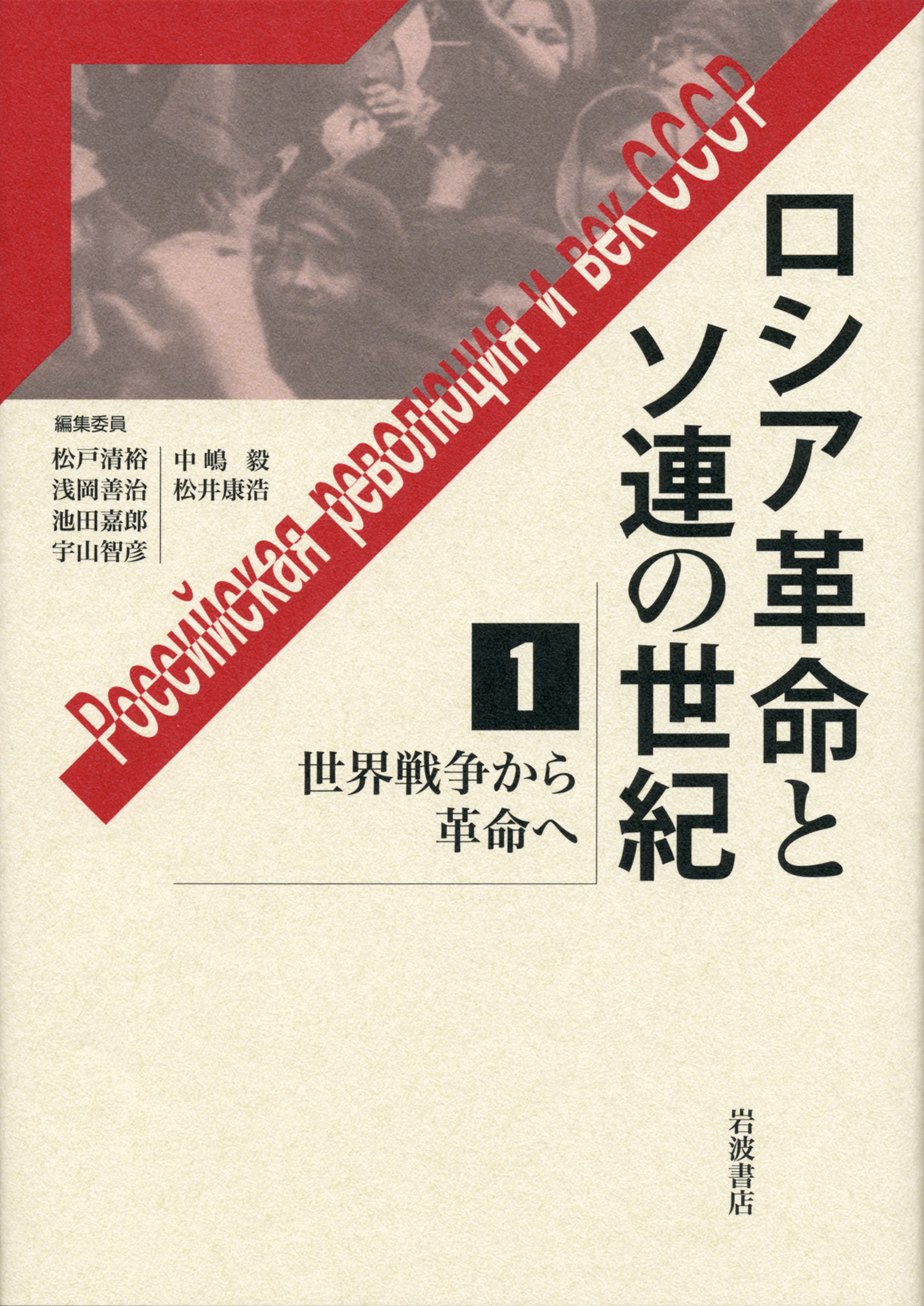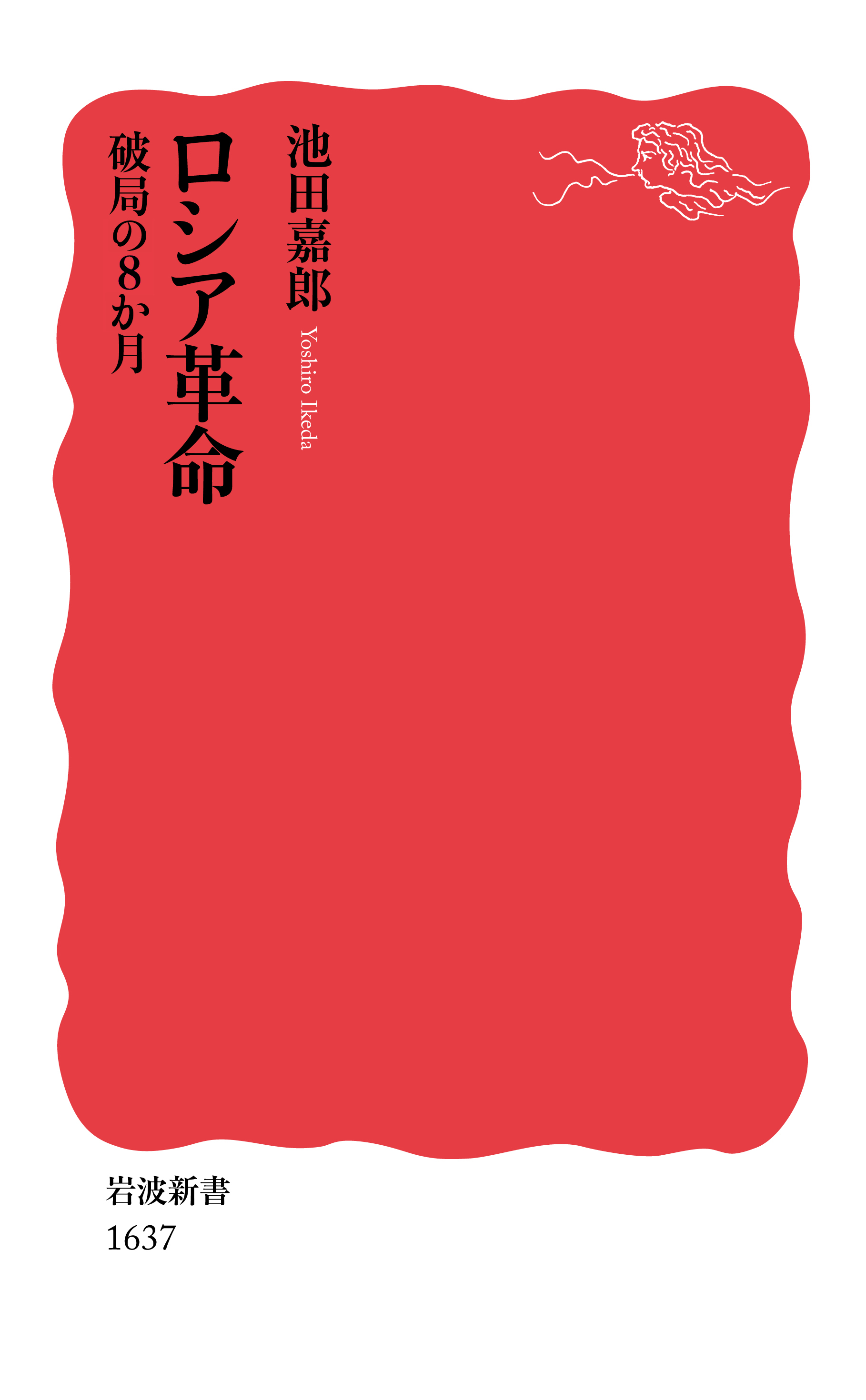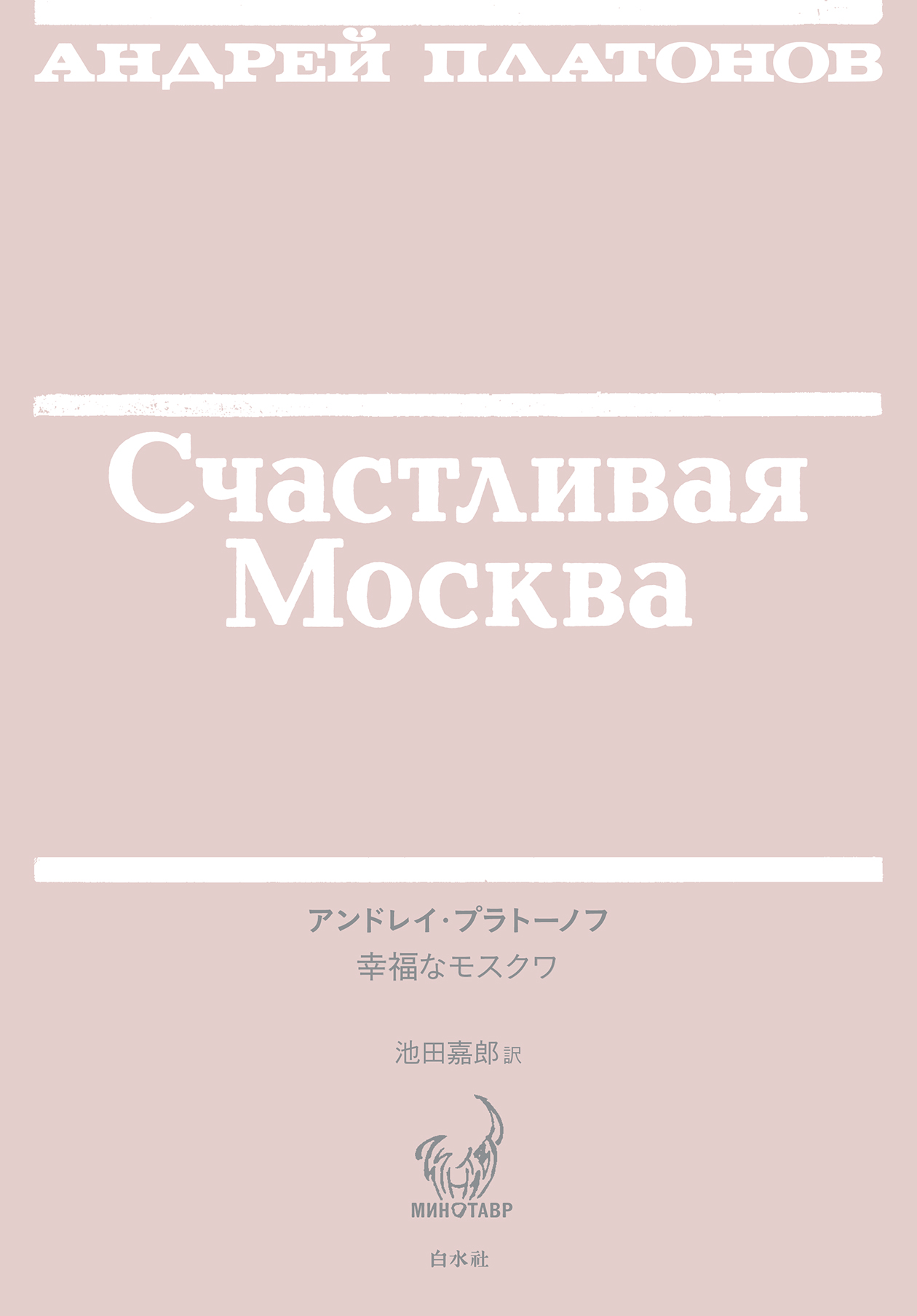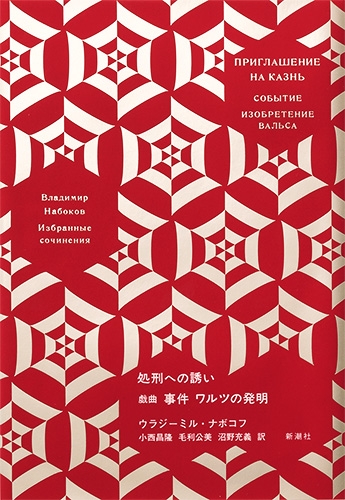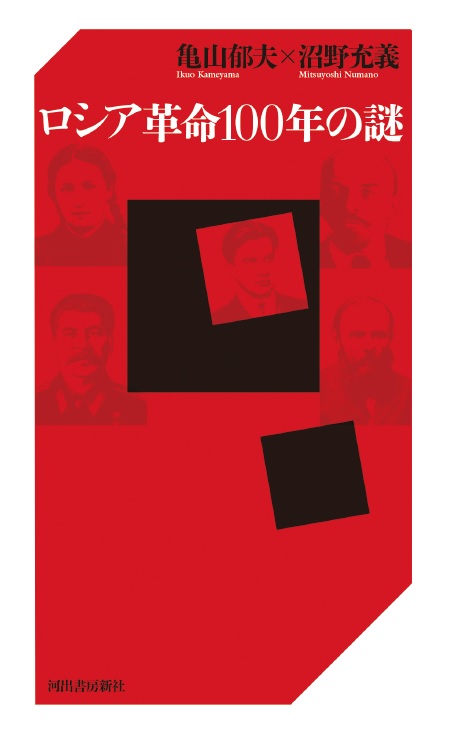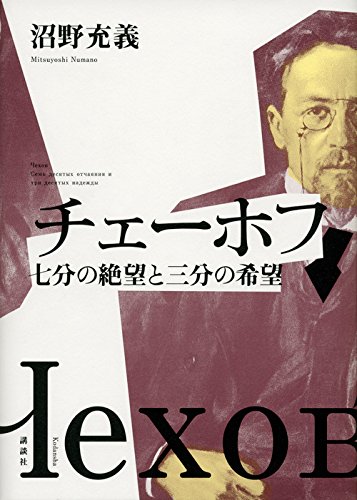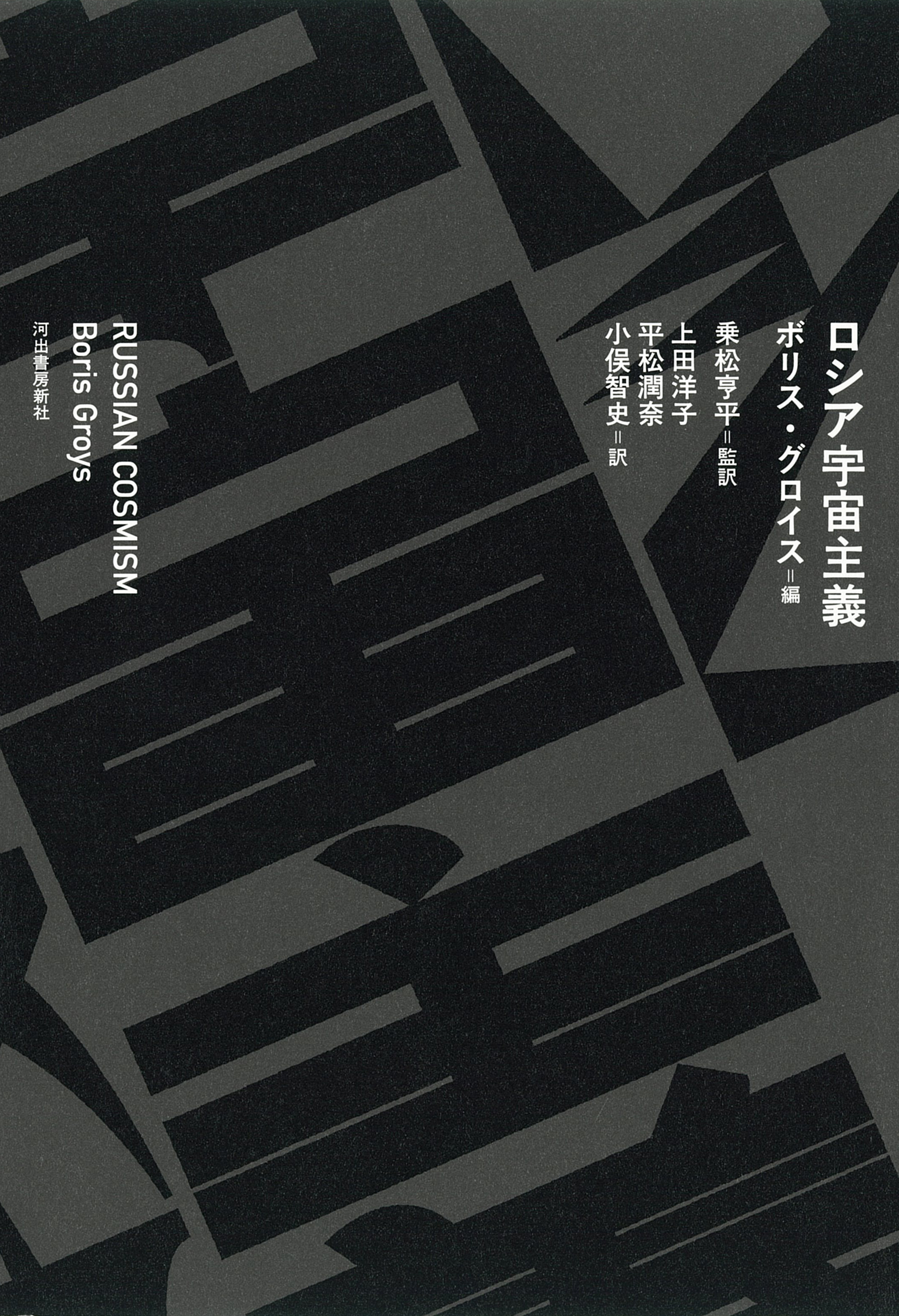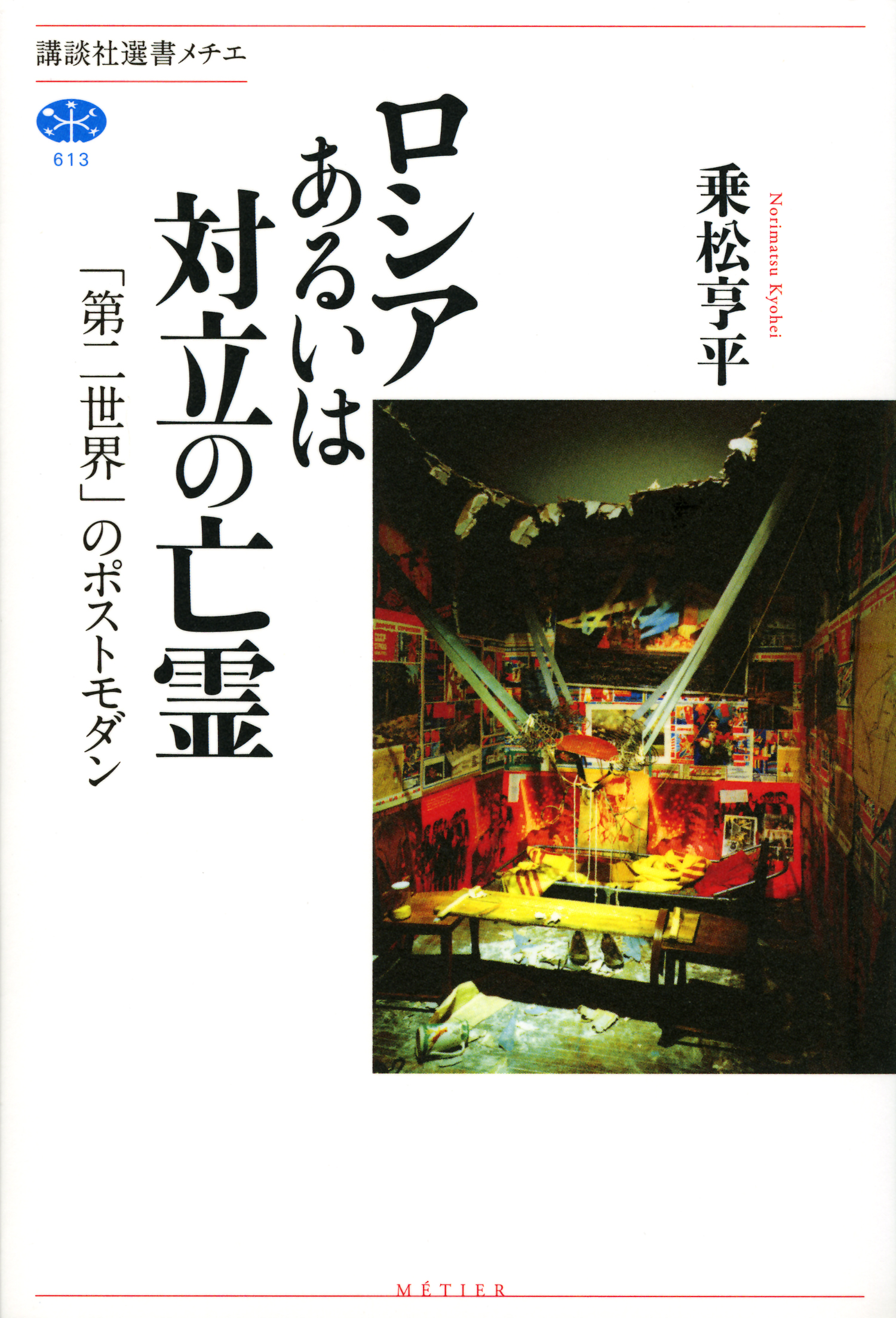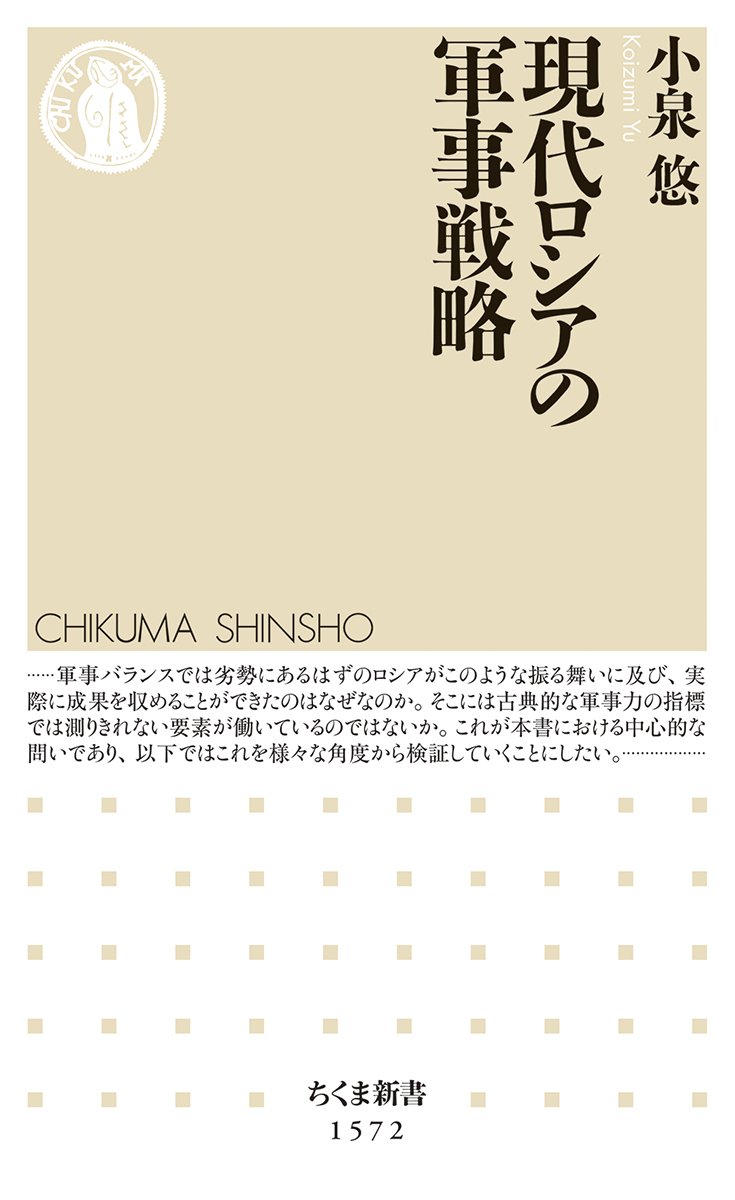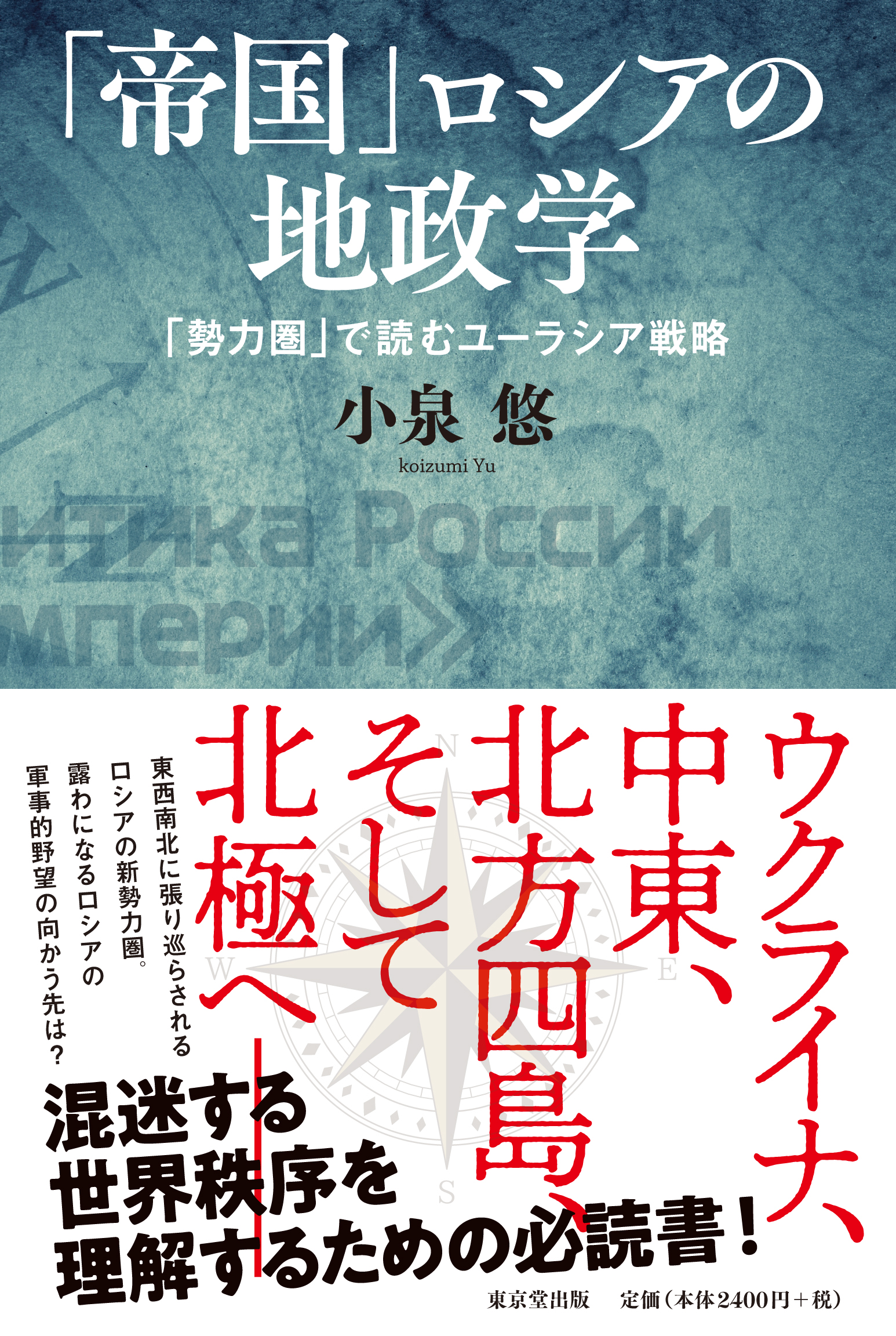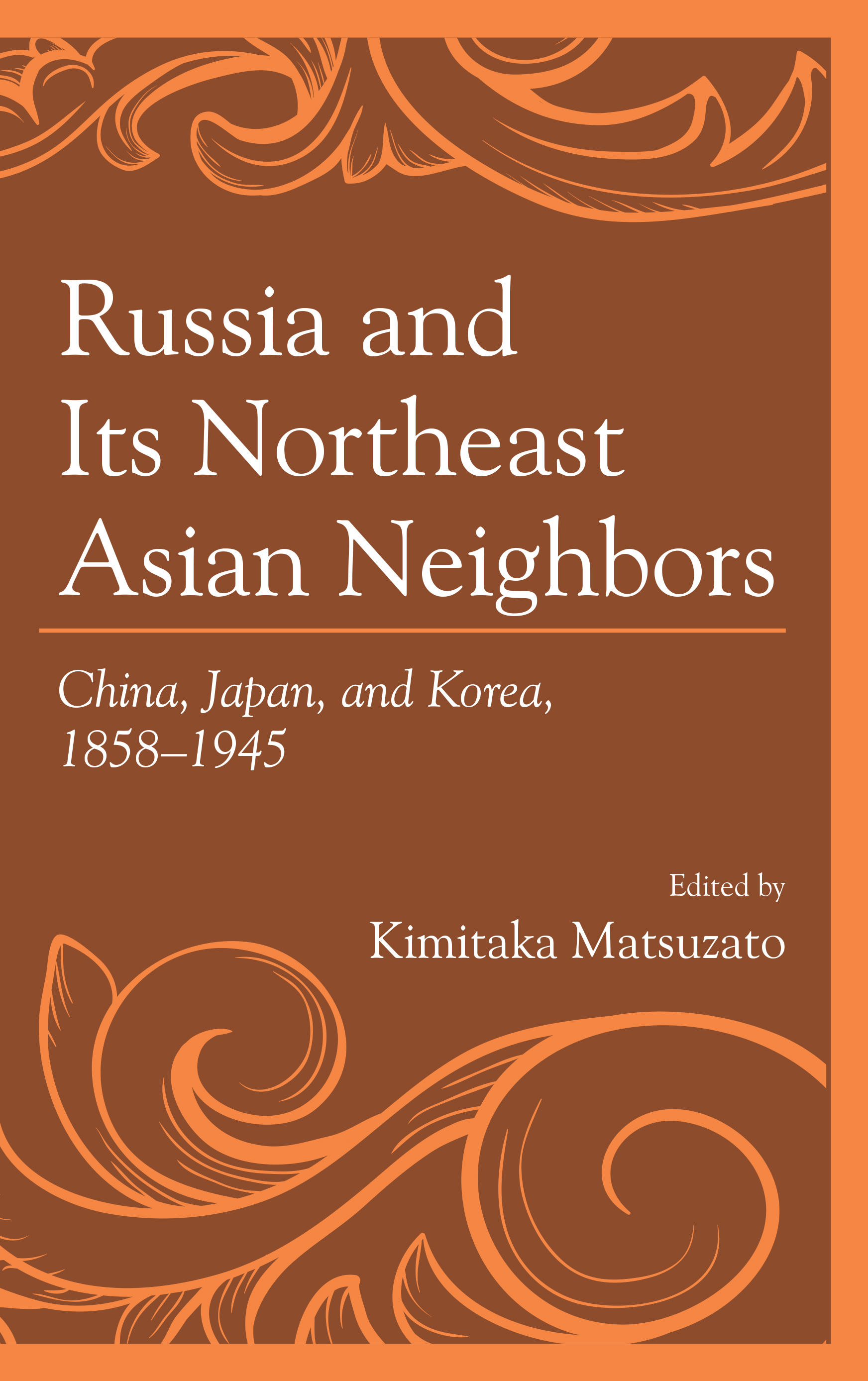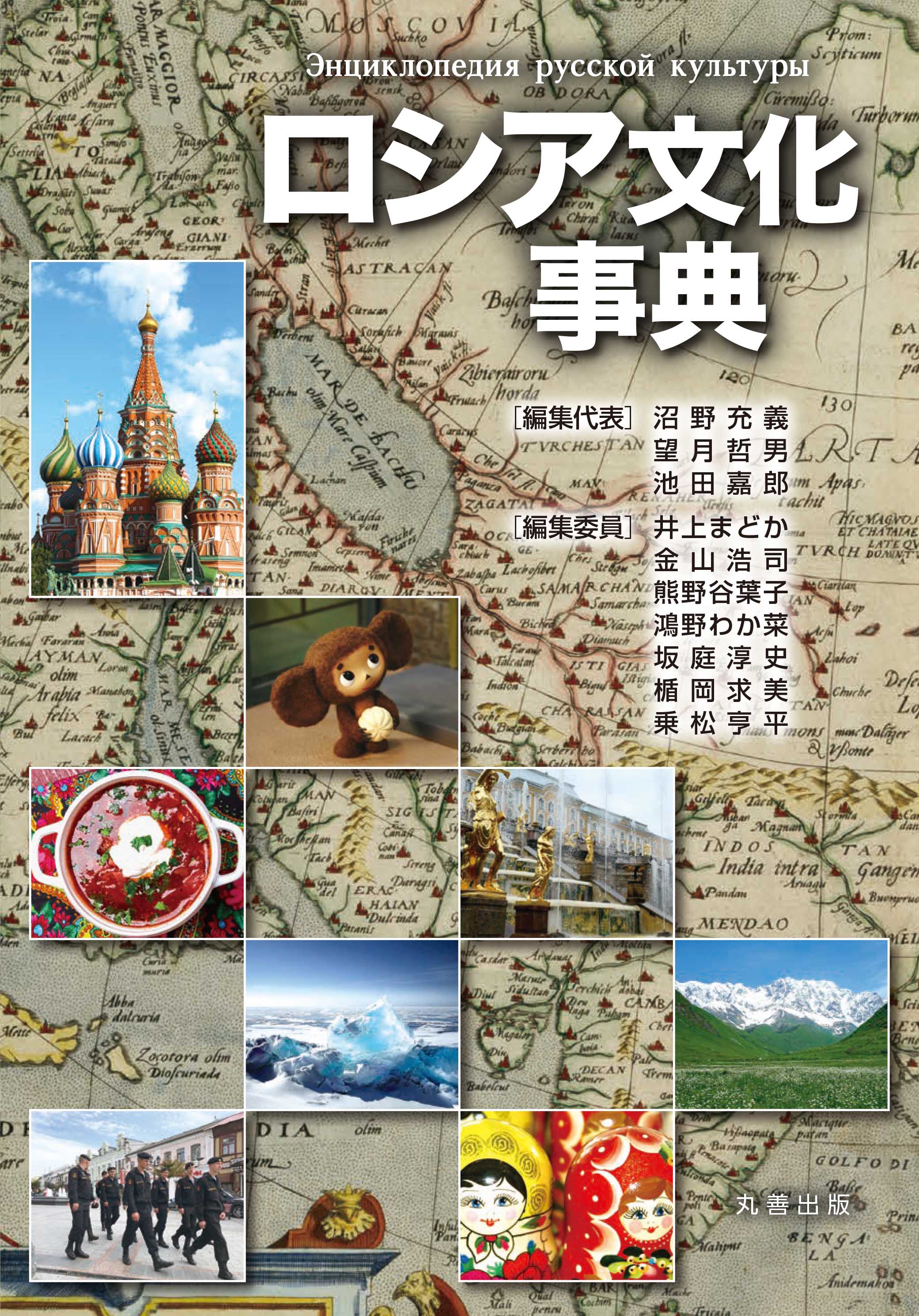
Title
Russia Bunka Jiten (Russian Culture Encyclopedia)
Size
886 pages, A5 format
Language
Japanese
Released
October, 2019
ISBN
978-4-621-30413-6
Published by
Maruzen Publishing
Book Info
See Book Availability at Library
Japanese Page
More than 200 writers contributed to this encyclopedia from inside and outside of Japan. They are researchers in Russian studies and people with practical experience of Russia. This is a general dictionary on Russian culture composed exclusively of long articles. The editors defined culture widely so that readers can gain an understanding of Russian society as a whole. Rather than setting up a large number of entries on detailed facts, this dictionary uses facing pages for each entry to enable readers to enjoy reading, knowing about and thinking about a wide range of facets of Russian society and culture. Here, I would like to introduce a small part of the total of 362 entries. The House of Romanov (Yoshihide Tanaka), The Armed Forces, Paramilitary, Police and Public Security Organizations (Yu Koizumi), Monuments (Shiho Maeda), Proverbs (Noriko Mizukami), Chastushka (Traditional Russian folksong) (Yoko Kumanoya), The Constitution and the Legal Awareness of Russians (Kenjiro Shibuya), Various Aspects of Meat and Fish Cuisine (Tomoko Bannai), Television Dramas and Popular Television Programs (Ai Moriya), Russian Names (Yukiyoshi Inoue), Obscene Language and Expressions (Yuki Yoshioka), The Song of Igor’s Campaign (Atsuo Nakazawa), Soviet Literature (Junna Hiramatsu), Women and Literature (Satoko Takayanagi), Troubadors (Kyoko Numano), Nabokov (Shun’ichiro Akikusa), Ballets Russes (Emiko Hirano), Ballet Igor Moisseiev (Kaori Yunoki), Performance Art (Yoko Ueda), Cinema of the Stalin Era (Masaki Tanaka), Art Beyond the Borders – Kandinsky and Chagall (Kayo Fukuma), Posters (Aya Kawamura), Tchaikovsky (Kenichiro Takahashi), Philosophy of Women’s Liberation (Satoko Kitai), Formalism and Semiotics (Naoto Yagi) Eurasianism (Yukiko Hama), Rocket Science and Space Development (Hiroshi Ichikawa), Science Cities (Toshihiro Katagiri), Historical Science (Yoko Tateishi), Russia and the East/Eastern Studies (Yuri Kato), Russia and the Jews (Chizuko Takao), The History of Medieval Russian Lands and Ukraine (Kimitaka Matsuzato), Exile (Yuichi Isahaya), Russians and Time (Toshiyuki Shimosato), Nikolai and the Orthodox Church in Japan (Toshiyuki Shimizu), The Siberian Detention (Takeshi Tomita), and many others. Entries penned by the three representative editors include Multiethnic Russian Literature (Mitsuyoshi Numano), Dostoyevsky (Tetsuo Mochizuki), and Lenin (Yoshiro Ikeda).
Just as I am writing this introduction, what is for researchers of Russian, Ukrainian and Slavic studies an extremely sad event, the invasion of Ukraine by the Russian army, is now unfolding. The culture of the two countries, while sharing a large background, has traced a different historical path. From “Ancient Church Slavic,” “Russian as a Slavic Language” and “Russia and the Slavic Countries,” written by the recently deceased Professor Keiko Mitani (Department of Slavic Languages and Literatures of the University of Tokyo), it is possible to learn about the expanse of the Russian and Slavic cultures, which surpass national boundaries. As one of the representative editors, I very much hope that this encyclopedia will bring to readers a new contribution to the deepening of understanding of Russian culture, society and history.
(Written by IKEDA Yoshiro, Associate Professor, Graduate School of Humanities and Sociology / 2022)



 Find a book
Find a book


